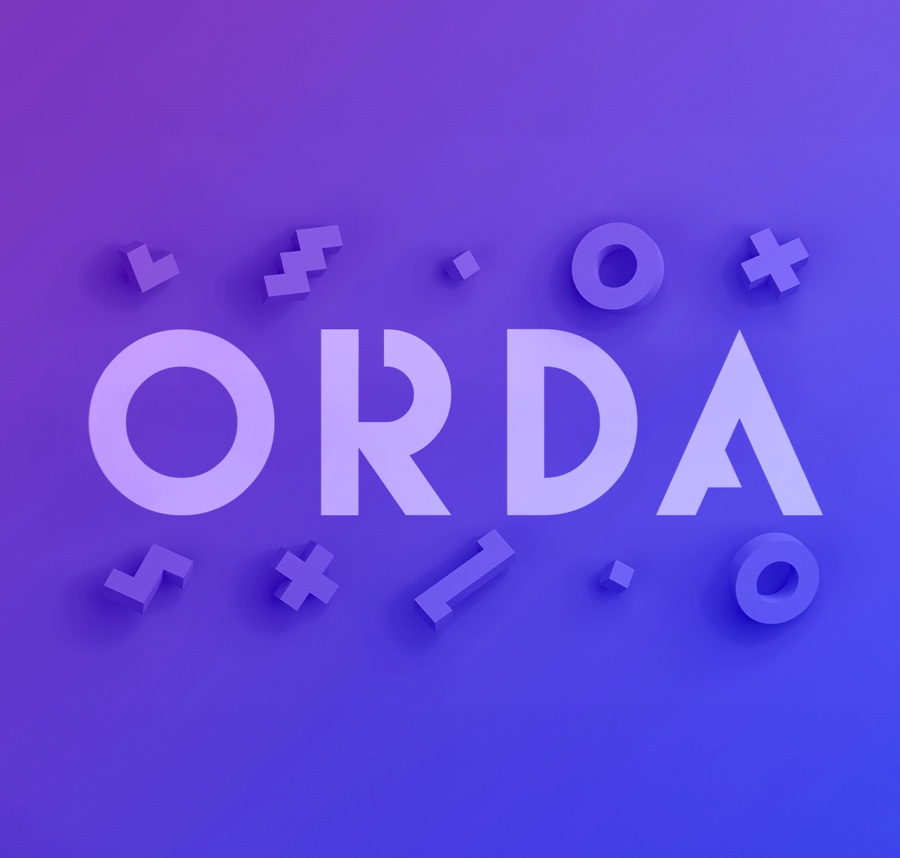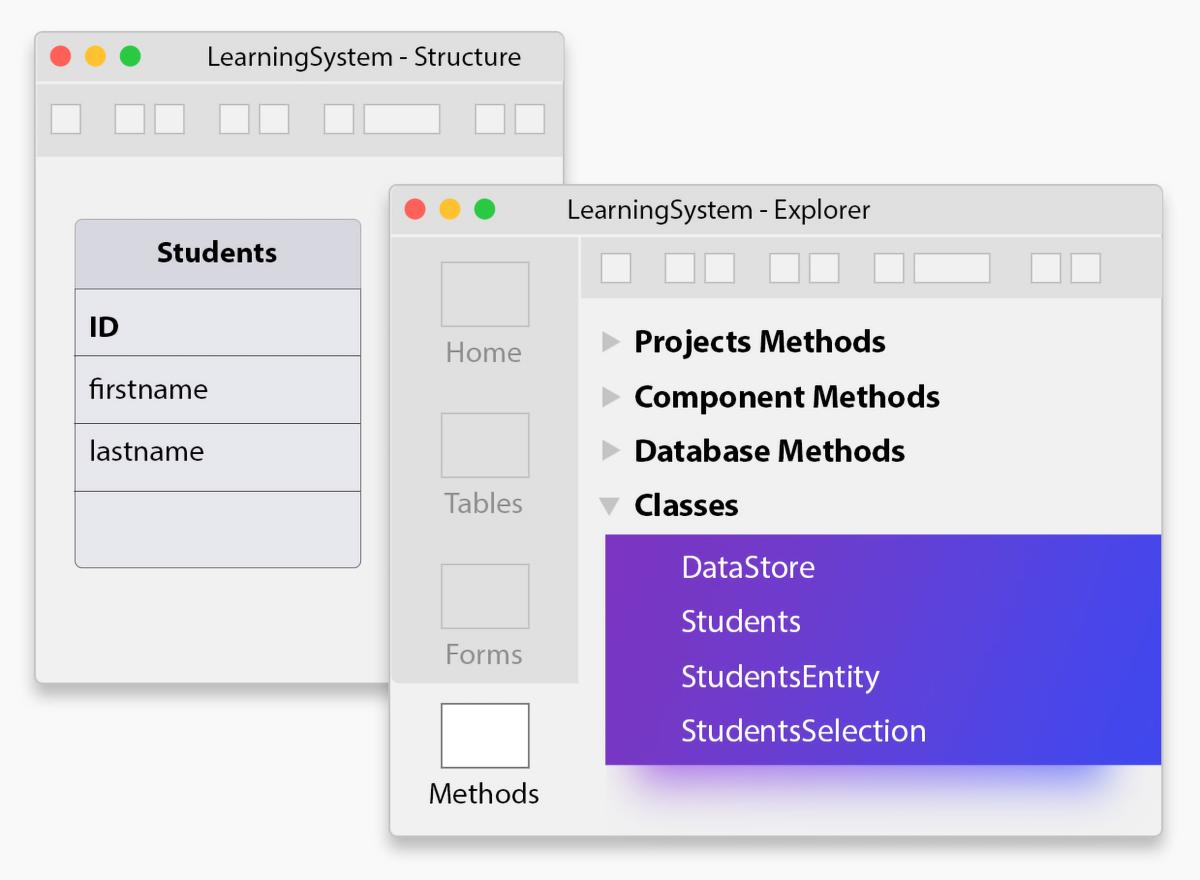
ORDAAn Innovative Way to Access your Data.

Bring your Data and Business Logic Together with Style
Imagine accessing your data with an object-oriented approach without worrying about its physical structure. Imagine interacting with the whole database as if it was a single object rather than writing complex queries. Imagine accessing your data from different sources with the same code.
Well, this is just a glimpse of what ORDA is capable of.
ORDA, which stands for Object Relational Data Access, is an innovative way of accessing data that combines the advantages of object-oriented programming with those of relational databases, allowing developers to focus on solving business problems rather than managing data access.
ORDA is a versatile and powerful technology that offers many features and benefits. So, whether you're building a simple application or a complex enterprise system, ORDA can help make both your development process and data access faster, easier, and more efficient.
If you're looking for a better way to work with data, ORDA is well worth exploring!

Experience the Power of ORDA Now
Check out the latest feature release and take advantage of the latest improvements.
DownloadEverything is an Object
ORDA is a world where everything is an object, including the database itself.
This approach allows to access the entire 4D database using an object-oriented approach, which makes it easier to work with data and can help reduce the complexity of the code. ORDA maps data to real-world concepts in such a way that using the data becomes simple, eliminating the need for an in-depth understanding of the relational structure.


Business-oriented Code with Classes
ORDA comes with classes dedicated to the data model. Thanks to classes, the complexity of the model's physical implementation can be hidden, the application can easily expose services, be more manageable, easier to maintain, and seamlessly integrate with other applications.
Outstanding Performance
ORDA can help improve the performance of applications by providing several optimization techniques, such as contexts and lazy loading. These techniques can help reduce the number of database queries that need to be sent to the server, which can lead to faster application response times. Best part? It’s all automatic; no programming is required, unlike using SQL or an ORM tool.


Increased Scalability
ORDA can help make applications more scalable by providing support for distributed database architectures. This means that data can be spread across multiple database servers, which can help improve performance and handle larger amounts of data.
ORDA is where the focus is. If you’re looking at having your application running and being updated in the future, or your application is critical to a business, or you’re intending to hire programmers to work on your application, or looking at 4D as a rapid development platform, then be willing to learn because once you get going with ORDA, 4D is really fun to program.

Documentation
Everything you need to know about ORDA
A sneak peek of what you can do with ORDA
Power Features
CRUD
Perform the standard Create, Read, Update, and Delete (CRUD) operations on selected data within the database. These operations allow developers to manipulate data in the database in a flexible and powerful way.
Classes
Elevate your code with the ORDA data model classes. Your applications can easily expose services, be more manageable, easier to maintain, and seamlessly integrate with other applications.
Functions
Make use of ORDA functions to get useful information about your database.
ORDA provides a complete API library for data access, fully object-oriented and comprehensible to developers from other programming backgrounds.
Computed Attributes and Aliases
Separate your business logic from the UI and improve performance by optimizing the parts separately. A simple solution to meet business demands and the increased requirements of modern programming.
Optimization Contexts
Boost your application's performance with Contexts. A technology that allows only the requested data to be exchanged between the server and the client.
Lazy Loading
Reduce initial load time with lazy loading where data is loaded only when necessary.
Permissions System
Protect your data from unauthorized users with a permission system by deciding who is accessing the data and which data can be accessed.
Locking Mechanism
Choose between the two common strategies for managing concurrent access to data in a database to handle your record: optimistic and pessimistic locking. ORDA has you covered for both.
Aggregation Operations
Perform calculations on the data sets with easy-to-understand aggregation operations. Sum, average, count, min, and max are some methods to perform the operations described by their names.
Logical Operators
Get intersections, unions, or differences between two sets of data. With ORDA, decision-making based on certain conditions has been made easy.
Formulas
Construct complex search criteria that go beyond the capabilities of a simple syntax thanks to ORDA formulas.
Placeholders
Build generic code with ORDA placeholders that can be reused with different parameter values, values that may come from different sources, such as user interfaces or a request.
Remote Datastores
Work with multiple databases at the same time with the same code and tackle different scenarios your application may require like the need to access data from multiple sources.

Experience the Power of ORDA Now
Check out the latest feature release and take advantage of the latest improvements.
Download